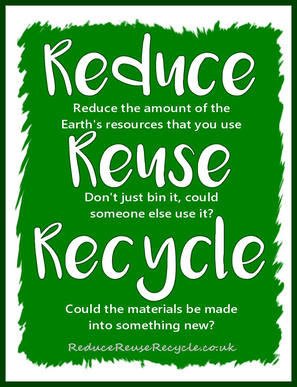How Can You Help Orangutans?
By making smart choices and being an informed consumer!
This helps ALL wildlife around the world, including orangutans
This helps ALL wildlife around the world, including orangutans
 Photo Courtesy of Emily Fryda
Photo Courtesy of Emily Fryda
Do you know where your products are from?
Sustainable Palm Oil
Sustainable Palm Oil
- Download the free Palm Oil Scan Mobile App to find orangutan-friendly food and household products – by ensuring there is orangutan habitat, you also ensure the habitat for hundreds of other plant and animal species
- Learn more about the Roundtable on Sustainable Palm Oil (RSPO) – palm oil has a positive impact on the planet and people when grown sustainably, meaning without cutting down more forests
- Write to companies that are not part of the RSPO asking that they become part of the program and commit to only using sustainable palm oil in their products
- You can learn more about the issue of habitat loss and palm oil here
|
Wood and Paper Products
|
|
Reduce, Reuse, Recycle
|
 Photo Courtesy of Angie Selzer
Photo Courtesy of Angie Selzer
Be a conscientious observer
Ecotourism
Observing primates in their native habitats is always an amazing experience, but there are some dos and don’ts to be mindful of when traveling to avoid exploitation of the animals and their habitat
Ecotourism
Observing primates in their native habitats is always an amazing experience, but there are some dos and don’ts to be mindful of when traveling to avoid exploitation of the animals and their habitat
- Avoid any attractions that advertise animal feeding, petting or selfies as they promote the animal trade
- Avoid paying for entertainment opportunities where animals are not displaying natural behaviors (like orangutans boxing)
- Make sure that you do not bring any food to the wildlife viewing area and do not feed any animals
- While observing animals in the wild, your behavior should not interfere or change the behavior of the animal
- Give animals their space! Sufficient distance should be kept so that the animals remain undisturbed while you are viewing them. If animals leave the area, don’t pursue
- Think before you buy – souvenirs should not contribute to destruction of animal habitat – avoid woods, coral, ivory or other animal products
Primates in entertainment
- The training required for orangutans to safely interact with actors for movies, TV and animal shows present challenges that may affect the orangutans the rest of their lives.
- You can learn more about the issues surrounding the exploitation of primates in entertainment here
|
Know when to share
|
Donate
Donate or hold a fundraiser to raise funds for organizations that support the wellbeing of orangutans
Donate or hold a fundraiser to raise funds for organizations that support the wellbeing of orangutans
- Orangutan SSP and Orangutan SAFE
- Visit www.orangutanssp.org or www.azaorangutansafe.org to learn more
- AZA Facilities
- Visit a zoo to see and learn about orangutans up close and become advocates for their conservation – share what you learned with family and friends!
- Find all AZA zoos with orangutans here!
- “Adopt” an orangutan through an AZA accredited zoo
- Visit a zoo to see and learn about orangutans up close and become advocates for their conservation – share what you learned with family and friends!
- Center for Great Apes – the only Global Federation of Animal Sanctuaries accredited organization that houses orangutans and one of a handful of accredited sanctuaries that house chimpanzees
- Visit www.centerforgreatapes.org to learn more
- In situ conservation organizations – these organizations are in native orangutan habitat
- See a list of organizations that work to conserve orangutans in the wild here






